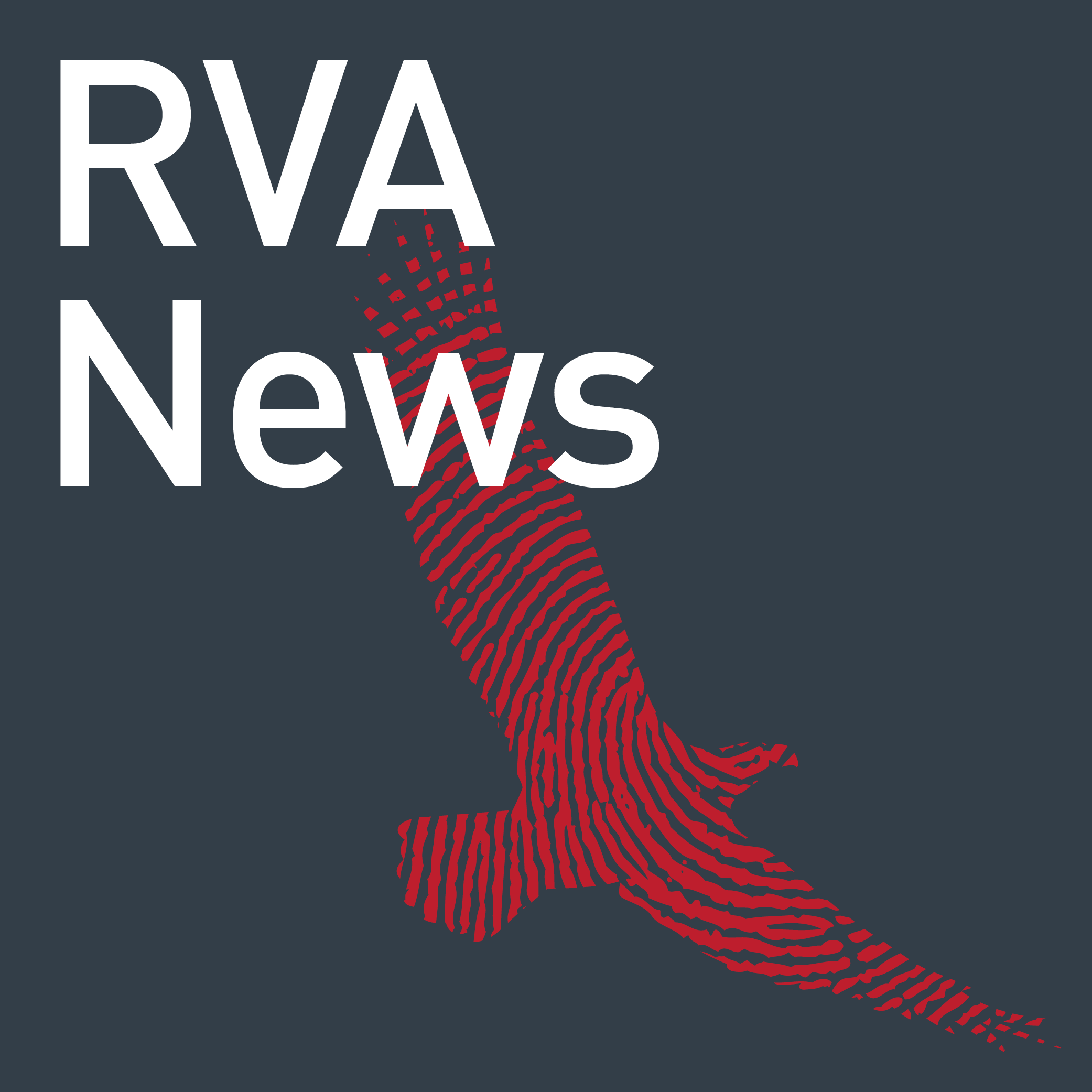
‘Sustainable systems and workforce’ is one of three foundation principles of the National Strategic Action Plan for Rare Diseases (the Action Plan). One of the key priorities of the Awareness and Education Pillar of the Action Plan is to ‘develop a national rare disease workforce strategy that responds to current and future demands, including the impact of genomics’. To progress work on this priority, Rare Voices Australia (RVA) engaged Equity Economics and Development Partners to undertake a study focused on workforce issues and sustainability in inherited metabolic disease care, as a case study of the broader challenges evident in the rare disease workforce. The study was developed with the support of a steering committee, which includes representation from the Australasian Society for Inborn Errors of Metabolism (ASIEM). The study has drawn on the views and experiences of the metabolic healthcare workforce, industry organisations involved in the development of therapies and technologies for rare diseases, as well as patients, carers and families navigating the healthcare system.
Why inherited metabolic diseases?
The metabolic workforce responds to many rare diseases. It also has a strong professional special interest group of ASIEM formed under the Human Genetics Society of Australasia (HGSA). Anecdotally, RVA knows there are many strengths and a variety of clinical settings responding to rare metabolic diseases around Australia. Coordinated care models differ in each state and often within the same disease. Before the commencement of this study, RVA was aware, from both clinicians and patients, of issues with workforce sustainability and gaps. We also noted the urgency of these issues, which prompted metabolic clinicians in recent years to make representations to Australia’s Minister for Health. A metabolic workforce strategy will provide a holistic snapshot of the system and identify areas of synergy with all rare diseases. The goal is to build a Strategy that informs:
- Better health and wellbeing outcomes for patients and families.
- Greater knowledge sharing for best practice.
- More sustainable systems of metabolic care around Australia
- Improved productivity within the rare disease sector.
The research to deliver these goals included:
- Appointment of external consultants, Equity Economics and Development Partners, to undertake this research. Their lead economist, Angela Jackson, is experienced in similar rare disease projects through her work on The McKell Institute ‘Disability & Rare Disease: Towards Person Centred Care for Australians with Rare Diseases’ and ‘Funding Rare Disease Therapies in Australia – Ensuring Equitable Access to Health Care for All Australians’ reports.
- Formation of a Steering Committee with 10 members, with representation from RVA and the metabolic workforce from a range of roles and states.
- A short, targeted literature review and broader desktop research to identify best-practice models, both nationally and internationally, for diagnosis, treatment, care and support of children and adults with rare metabolic conditions and their families.
- A specialist Metabolic Workforce Questionnaire to identify the current make-up of the specialist metabolic workforce in each state and territory and the strengths, stressors and future needs of this workforce.
- A Patient Survey to understand the lived experiences of people accessing the metabolic healthcare workforce.
- An Industry Survey to understand the current strengths and challenges of introducing new treatments, health technologies and clinical trials for rare metabolic diseases.
- Three Workforce Focus Groups with 18 metabolic workforce specialists working across all states and territories to discuss and build on the themes that emerged from the Metabolic Workforce Questionnaire and formulate actions and recommendations.
- One Patient Focus Group with representatives from eight of RVA’s Partner organisations to collect and understand the stories and experiences of patient communities navigating metabolic healthcare.
- Steering committee expert input and guidance into key parts of the research process.
Thank you
RVA would like to extend a heartfelt thanks to all of the patients and carers who took the time to complete the patient survey. We are also grateful to the following RVA Partner organisation leaders for their participation in patient focus groups:
- Australian Cystinosis Support Group
- Australian NPC Disease Foundation Inc.
- Australian Pompe Association
- Metabolic Dietary Disorders Australia
- Fabry Australia Inc.
- Friedreich Ataxia Network
- Mito Foundation
- Sanfilippo Children’s Foundation
Your time spent collating the experiences of your patient communities to inform this work will provide invaluable insight for the recommendations included in the final Strategy.
RVA sincerely thanks our steering committee and the clinicians, nurses, diagnostic scientists, dietitians and all metabolic healthcare support staff and centres who contributed to the workforce survey and focus groups. We appreciate that this was a complex and lengthy task for many of you, but we are humbled by your support of this work and your selfless dedication and generosity to the patients you serve. Thank you also to members of RVA’s Round Table of Companies for their valuable contributions to the industry survey arm of this work.
The data collection phase of the study is now complete. Equity Economics and Development Partners are now collating the data to map the make-up of the rare metabolic workforce in Australia – including strengths, gaps and pressure points across all jurisdictions. A draft Interim Strategy will be ready for review by the steering committee in mid-October, with a view to finalise the Strategy for delivery and publication in December 2021. Angela Jackson will also briefly speak about this work as part of the 2021 Virtual National Rare Disease Summit.
The Rare Metabolic Disease Workforce Study was commissioned by RVA with independent funding assistance from Sanofi Genzyme.

